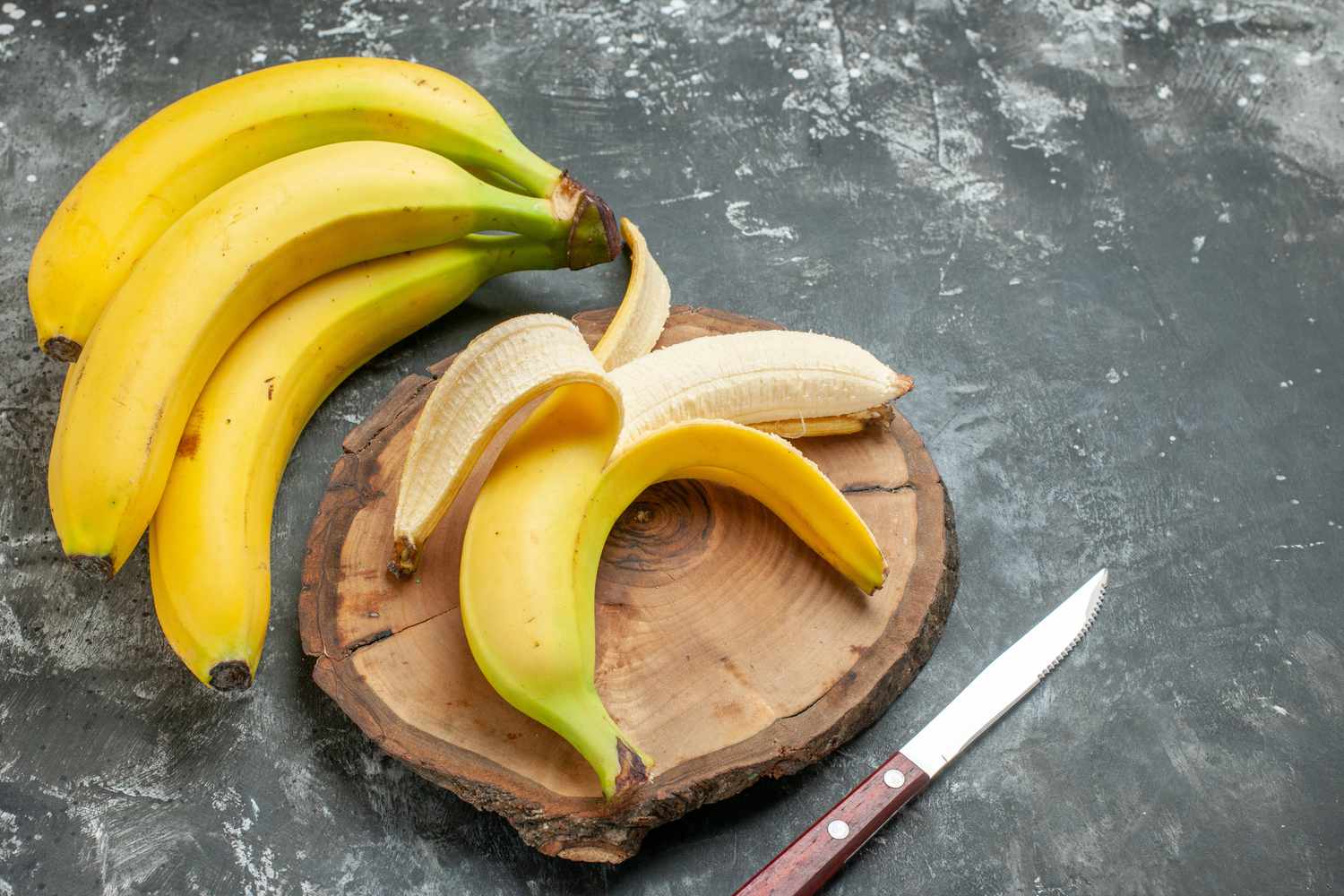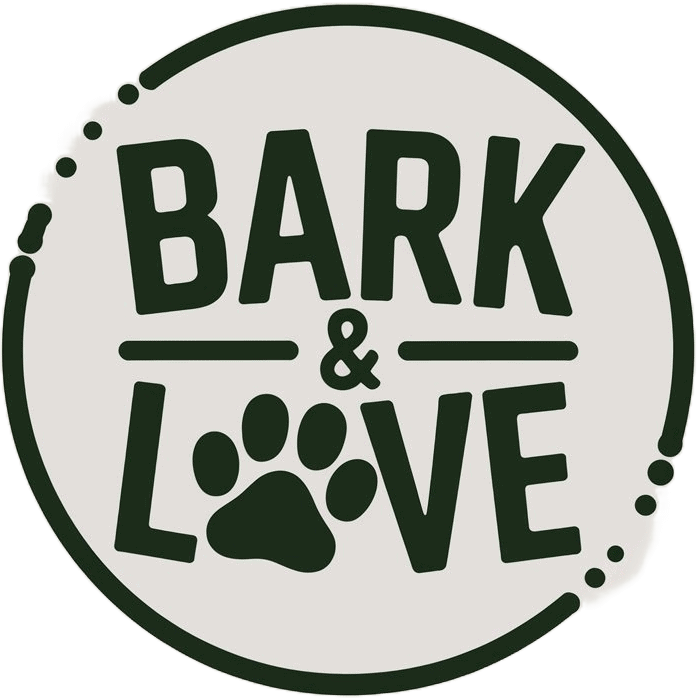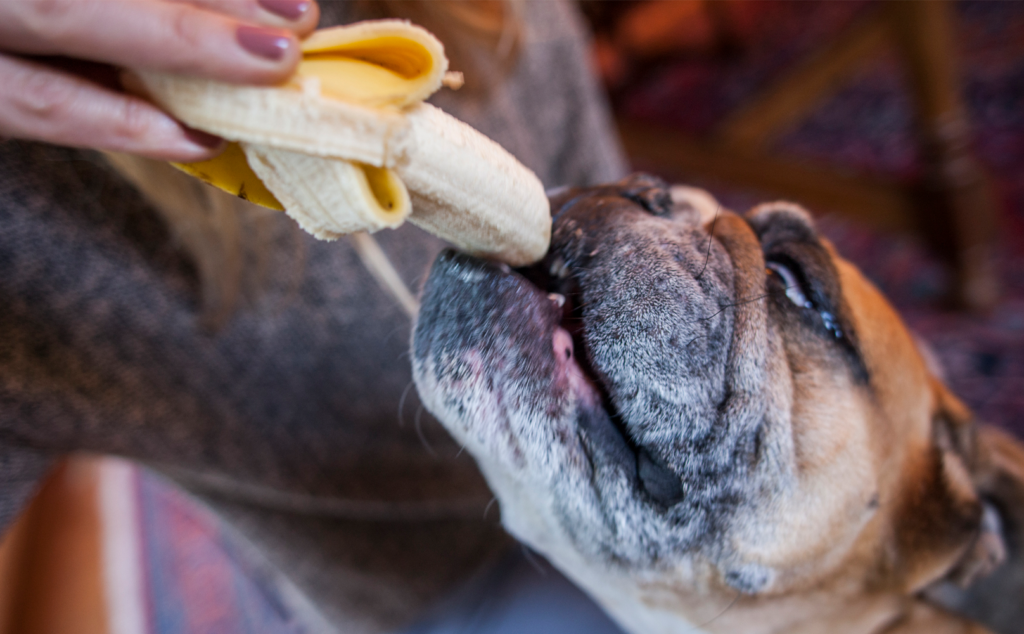As pet owners, we’re always looking for safe and healthy treats to share with our furry friends. One common question that comes up is whether dogs can eat bananas.
The short answer is: yes, dogs can eat bananas! But as with any human food, moderation is key.

Let’s dive into the details and explore the benefits of bananas for dogs, what nutrients they provide, and how to safely incorporate them into your pup’s diet.
Are Bananas Safe for Dogs?
Bananas are generally safe for dogs to eat and can actually offer several health benefits. They’re low in calories and fat, which makes them a great occasional treat, especially for dogs that need to watch their weight.
However, because bananas are high in natural sugars, they should be given in moderation to prevent weight gain or digestive issues.
Nutrients in Bananas and Their Benefits for Dogs
Bananas are packed with essential nutrients that can support a dog’s overall health. Here’s a breakdown of the key elements:
- Potassium: Bananas are well-known for their high potassium content, which is crucial for maintaining healthy muscle function, nerve signals, and fluid balance in dogs. Potassium also supports heart health and can help dogs that have issues with blood pressure or circulation.
- Vitamin C: While dogs can synthesize their own vitamin C, adding a little extra through food like bananas can provide an antioxidant boost. Vitamin C helps reduce inflammation and supports the immune system, which is especially beneficial for older dogs or those recovering from illness.
- Vitamin B6: This vitamin is important for brain development and healthy hormone regulation. Vitamin B6 also plays a role in producing neurotransmitters, which are essential for a dog’s nervous system.
- Fiber: Bananas contain dietary fiber, which can aid in digestion. If your dog is experiencing constipation, a small piece of banana might help get things moving. However, too much banana can have the opposite effect and cause diarrhea, so it’s essential to be mindful of portions.
- Magnesium: This mineral helps promote bone growth and assists the body in absorbing other vitamins and nutrients. It’s particularly important for growing puppies or older dogs needing bone and joint support.
How to Safely Feed Bananas to Dogs
While bananas are safe, there are a few precautions to keep in mind:
- Portion Size: Too much banana can lead to digestive upset because of the high sugar content. For small dogs, a few small pieces or slices are sufficient, while larger dogs can enjoy half a banana. Always introduce new foods gradually to make sure your dog doesn’t have any adverse reactions.
- Banana Peels: The peel of a banana is not toxic, but it’s difficult for dogs to digest and can lead to blockages. Always remove the peel and only offer the soft fruit inside.
- Serving Suggestions: There are several fun and creative ways to serve bananas to dogs. You can mash them up and mix them with your dog’s regular food, freeze small pieces for a cool treat on hot days, or combine them with other dog-safe fruits like blueberries for a tasty snack.
When to Avoid Feeding Bananas
While bananas are safe for most dogs, there are certain situations where you should avoid giving them. If your dog has diabetes, the natural sugars in bananas could affect their blood sugar levels.

In this case, it’s best to consult with your vet before introducing bananas or any other high-sugar fruits. Similarly, if your dog has a history of digestive issues or is prone to constipation, you may want to avoid or limit banana treats.
Conclusion
Bananas can be a healthy, dog-friendly snack when given in moderation. They provide a variety of vitamins and minerals that can support your dog’s health, from strong bones to a happy heart. As always, it’s important to ensure treats are given responsibly and as part of a balanced diet.
If you’re ever unsure about introducing a new food, consulting with your vet is always a safe bet.
So, can dogs eat bananas? Absolutely! Just be sure to keep portions in check and enjoy watching your dog relish this sweet, nutritious fruit.

